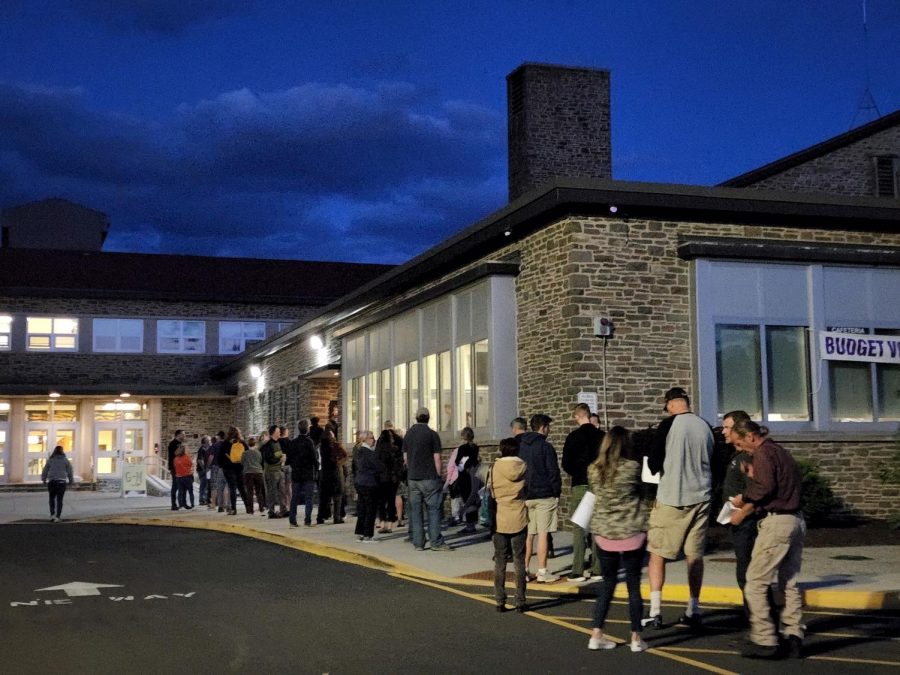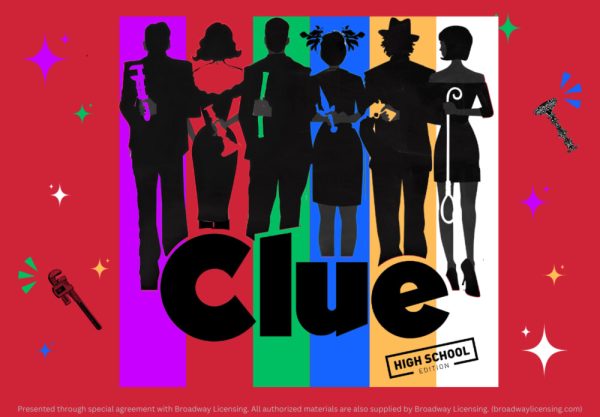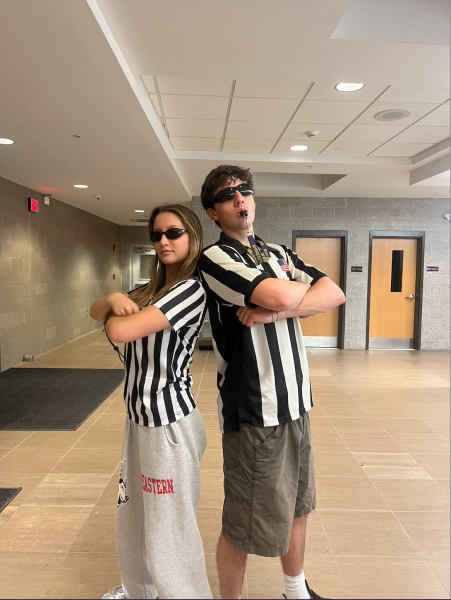Tug of War Over Books in Schools
The RCSD superintendent described the 2022 BOE candidate and budget vote as having “unprecedented turnout” with lines well out the door of the school, long into the night.
On May 17th, approximately 1,300 residents of Rhinebeck stood in line for over an hour to cast their ballots for the Board of Education vote.
The RCSD superintendent described the 2022 BOE candidate and budget vote as having “unprecedented turnout” with lines well out the door of the school, long into the night. Voters were wrapped up in a contentious discussion about parental involvement in the curriculum and the books that should or should not be allowed in schools.
These conversations have included suggestions to replace a core text from an English curriculum, to remove a book as an option for someone to read in class, or to ban books from school library shelves.
With vocal input from parents, schools across the country are having to reconsider what books are taught to students from the kindergarten to high school level.
You might have seen the viral videos of parents’ hostile confrontations with school boards about issues including advocating to pull books they deemed inappropriate from the curriculum.
Lawmakers on a state and federal level mainly on the political right have pushed restrictive laws against teaching what they call “critical race theory.” These laws prevent students from having exposure to a variety of books that delve into our country’s history. But, it is important to acknowledge that removing books from curricula is not only due to parental involvement, given that lately many books are being reconsidered by schools given their dated material or the need for more diverse voices.
While school districts attempt to make sure that the books being taught in each grade are age appropriate, there have been instances even in nearby counties where people take issue with more controversial topics discussed in novels.
In Wappingers Central School District, a book called Gender Queer: A Memoir has been banned, meaning the BOE removed it from the library shelves even though it had never been checked out before.
On the other hand, the Brooklyn Public Library in the city, is doing their best to fight book banning by granting hundreds of thousands, free, electronic book access for people ages 13 to 21 around the country.
Have you wondered how the books you read at RHS are chosen?
Here at Rhinebeck, after reviewing teacher requests for text adoption, the district (BOE and the Director of Curriculum Instruction, Katie Andersen) makes the determination of the core texts that are taught and incorporated into the ELA curriculum.
Some books being taught in BMS and RHS may contain sensitive content that could be perceived as inappropriate or contain dated material and word choice.
An example of a book that has been reconsidered in recent years is Harper Lee’s award winning novel, To Kill a Mockingbird.
According to Sarah Wheeler, RHS English Department Chair, a few books have made their way from the center of the curriculum (titles like To Kill a Mockingbird, Huckleberry Finn, and The Scarlet Letter) to make room for newer voices
Sarah explained that in accordance with New York State Education Department guidelines for culturally responsive teaching, “the goal of the English department is to move forward on decentering the curriculum from the white male narrative and part of that process is the incorporation of diverse voices.”
The key word in this discussion is access, but as Sarah described it to me, the English department faces a dilemma in this respect.
In our conversation, Sarah posed the valuable question: “How do you expand access and individual choice to students selecting books while protecting families who do not wish their children to have access to certain more mature material?”
The school Library Media Specialist, Ms. Linenbroker, gave her thoughts and discussed how this issue of access to books comes into play in the vital resource of our school library. The school library is a place where any student can choose a book they are interested in. As Ms. Linenbroker said, “Our library has a wide variety of books, allowing students to pick a book that interests and represents them in some way.”
When I asked her how she would address a parental concern about a book that a student checked out at the library, she looked at it first from the positive perspective of being glad that parents are involved with what their children are reading. Then she would address the specific concern with the parent and advise the student on finding a book that is right for them and their family.
She explained that serving a student community from sixth grade to twelfth grade can pose a challenge in determining what is appropriate for each reader depending on their reading level and age to determine what content they should be exposed to.
Ms. Linenbroker finished by stating, “Students always have the choice of what they want to read in our library.” She strongly emphasized her commitment to providing students access to a variety of books and encouraging them to exercise their freedom of choice in their reading.
Katie Andersen, the Assistant Superintendent of Curriculum, was able to speak on the process the district goes through in both reviewing textbooks and novels that are made available to students. “The Board of Education’s policies guide what textbooks are required in classes. Any textbook that we are provided with goes through a series of extensive processes. Novels that are provided to students are reviewed on an individual basis staying consistent with the Board policies.”
Ms. Andersen encouraged students’ independent reading and choice in Rhinebeck and also made clear that family values have to be considered, and if a parent feels strongly that their child should not be reading a certain book that warrants a collaborative conversation to find out more information.
Ms. Andersen also voiced support for moving forward with English curriculum changes. “We are in a constant evolution in life, and it is important to have a variety of perspectives that present the whole truth of history” in reference to the Middle School and High School English departments’ striving to include younger and more diverse authors.
She stated that the district should “empower teachers to have the time to look carefully at their curriculum and engage in the process of weeding out and looking at outdated texts.”
Ms. Andersen said that possible conflicts about books could be avoided if the families are communicated with about what their students will be learning and informed about the reasons behind why the book is included in the curriculum.
“We should be transparent to families with our thinking and decision making processes.”
She communicated the importance of teachers not imposing their values or personal beliefs on students and instead simply informing them and letting them make their own decisions.
She praised the English Department in our school for creating critical thinkers.
Finally, Ms. Andersen informed me about new Learning and Listening sessions as well as Coffee chats with the Board of Education that the administration will offer to parents in our community in order to include them.
At these sessions the question of how to create and equip students to have spaces where they are actively listening and learning from each other is brought up in discussion.
The discussion around what is taught or made available to students in all grade levels is certainly a hot topic, and some would say the topic is part of the national culture wars. It is important to look at what our district’s approach to these issues is as they become more prevalent in the minds of teachers, parents, and students.






